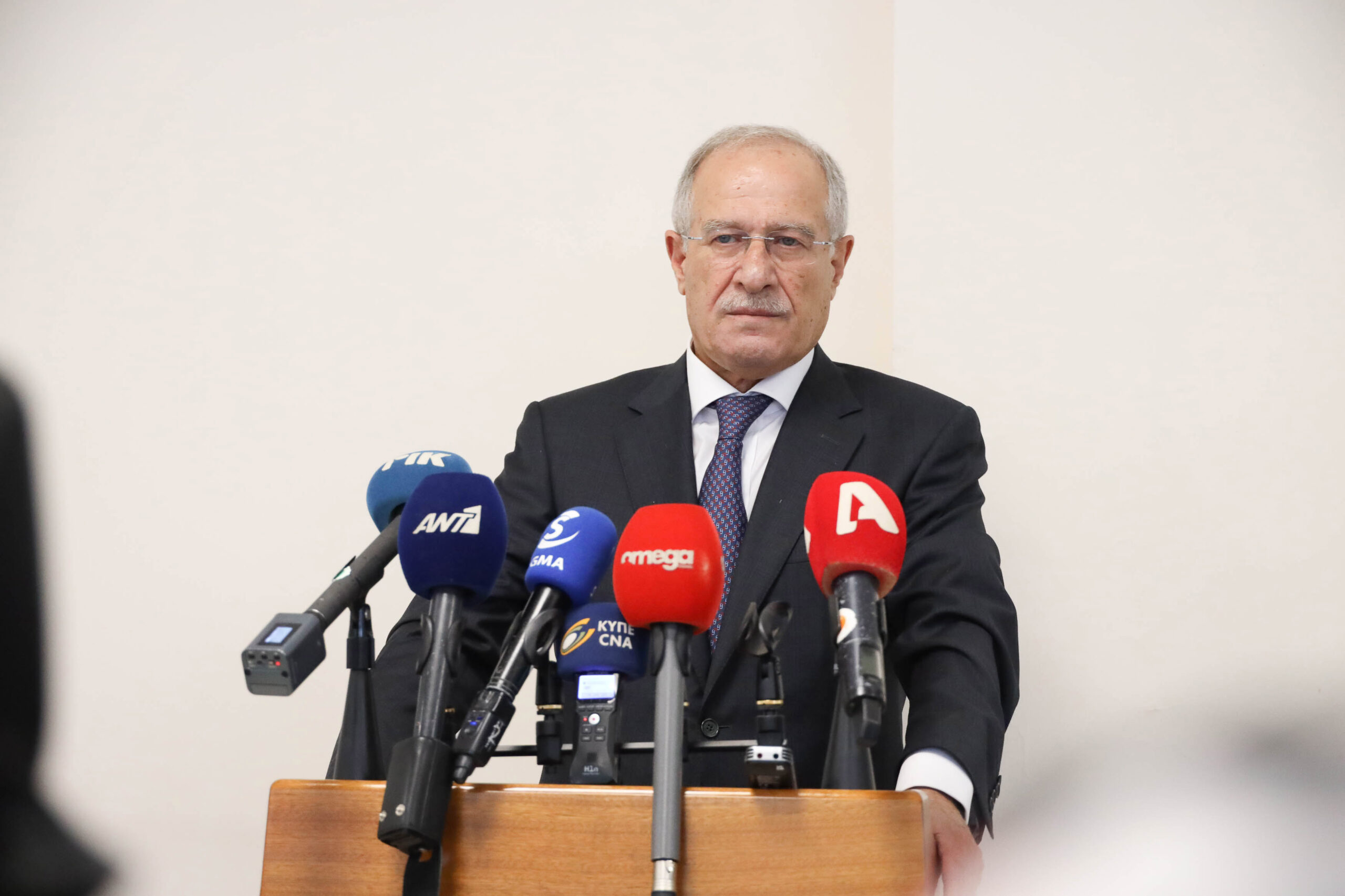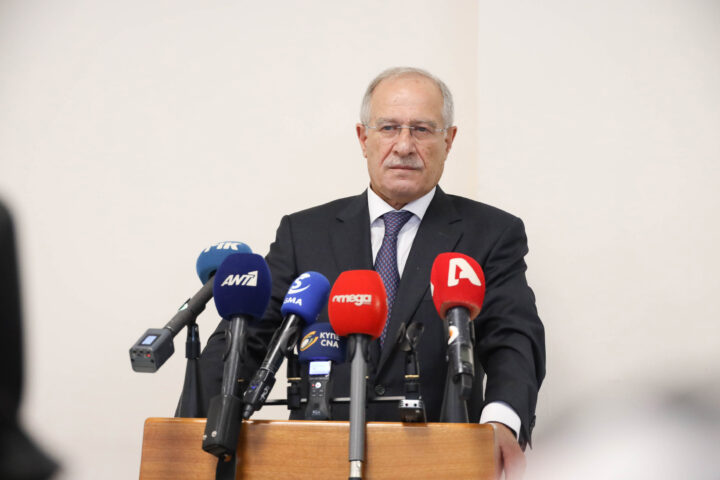Trade unions are furious over the outgoing government’s unilateral decision to increase the quota of foreign workers a company can employ from 30% to 50%.
The Cabinet approved the decision during its last meeting on Wednesday before handing over the keys to President-elect Nikos Christodoulides’ administration.
Labour Minister Kyriacos Koushos hopes the decision will end years of distortion and misconceptions regarding foreign workers in Cyprus and benefit businesses and the economy.
Defending the decision, Koushos said that the government’s priority is to strengthen the labour market for Cypriots.
“Companies will be allowed to employ foreign nationals up to 50% of their workforce only provided that they could not employ Cypriot citizens,” Koushos said.
He said this applies to companies that have collective agreements.
Koushos clarified that asylum seekers can only be employed once their asylum applications are approved or when nine months have elapsed since they arrived in Cyprus.
The minister argued that the new policy on employing third-country nationals is to fight illegal workers.
“Under the new rules, there will be no need for companies and businesses to hire foreign workers illegally”.
However, unions are unhappy with how Koushos and the government changed the policy.
They claim that Koushos, in his last act as a minister, decided to ignore the ongoing dialogue between social partners and side with employers.
In comments to news site Stockwatch, the head of the DISY-affiliated trade union federation SEK, Andreas Matsas, said they find the minister’s decision to side-line social dialogue “unethical”.
He said his union would ask the new government to overturn the decision.
“The new employment strategy does not improve labour conditions but, on the contrary, endangers labour peace.
“It undermines fair competition between businesses while not in line with the state’s immigration strategy”.
Opposition AKEL-affiliated trade union federation PEO, general secretary Sotiroula Charalambous argued that the decision is an effort to remove collective agreements through the back door.
“A few days before the government hands over power, it decides changes to the existing employment strategy, which essentially satisfies the positions of the employers,” said Charalambous.
She explained that the decision is essentially a mechanism for eroding collective agreements, overriding the dialogue and agreements reached between social partners at joint technical committees.
The discussion over increasing the quota for workers from third countries was launched after mainly tourism enterprises claimed that they could not find staff to keep operating.










